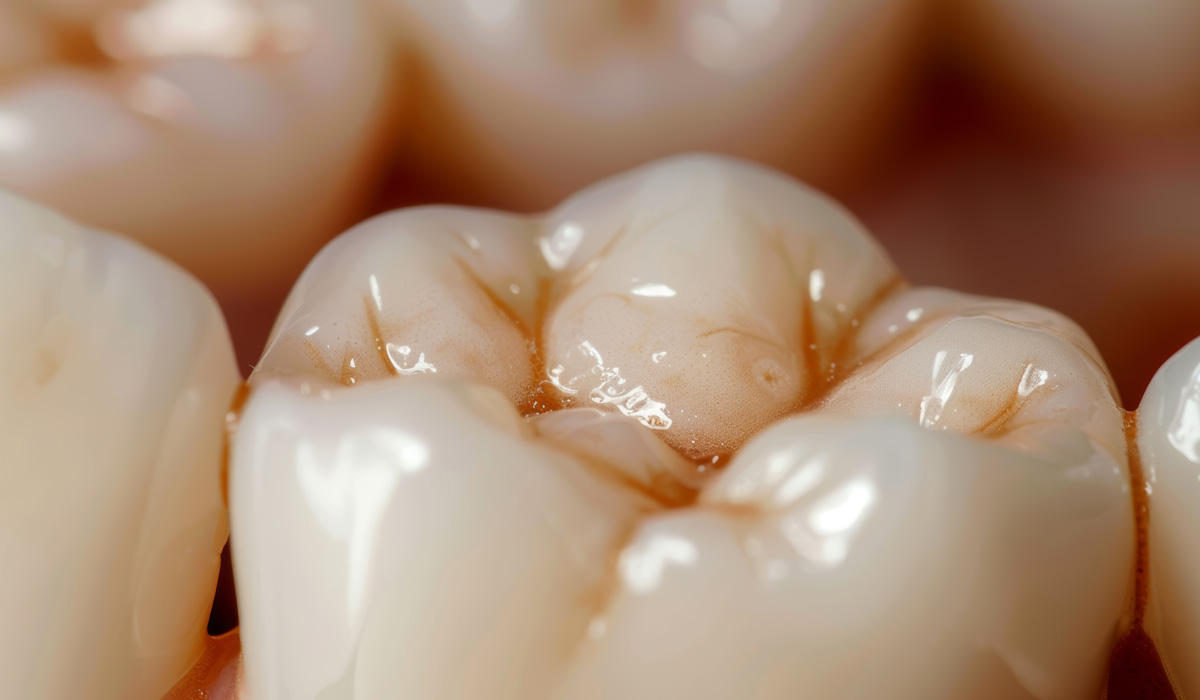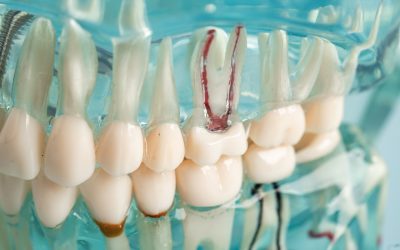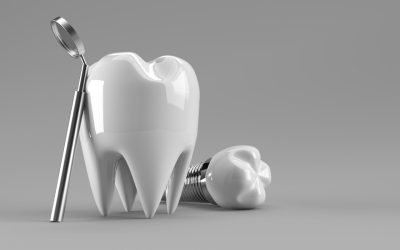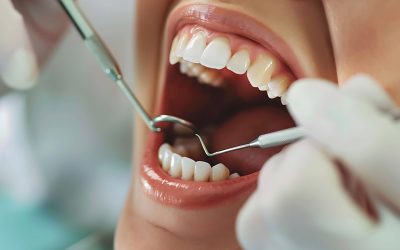What Are Cavities and How Do They Form?
Cavities are small holes or openings that develop in the enamel (the outer layer of the tooth) due to the breakdown of tooth structure by bacteria. These bacteria feed on sugars and carbohydrates left on the teeth after eating, producing acid that slowly erodes the enamel. Over time, if left untreated, the cavity grows deeper, reaching the dentin and eventually the pulp, which can lead to more serious dental problems such as infections.
Cavities typically form in areas that are hard to clean, such as between teeth or along the gum line, making them prone to decay. Poor oral hygiene, excessive consumption of sugary foods, and a lack of regular dental check-ups can all increase the likelihood of developing cavities. But can cavities cause bad breath? The answer is yes, and it’s all tied to the role of bacteria.
How Cavities Lead to Bad Breath
Cavities and bad breath often go hand in hand, mainly because both issues are caused by the buildup of bacteria in the mouth. When a cavity forms, it creates an ideal environment for bacteria to thrive. These bacteria feed on food particles trapped in the cavity and produce foul-smelling sulfur compounds as a byproduct. As the bacteria continue to multiply and the cavity deepens, the odor becomes more pronounced.
The decaying food particles and bacteria not only cause an unpleasant smell but also contribute to the progression of tooth decay. Cavities that are left untreated can worsen, resulting in even more severe bad breath and potentially leading to infections or abscesses, which further exacerbate the odor.

Signs That Your Bad Breath Might Be Due to Cavities
While bad breath can have several causes, certain signs might indicate that cavities are the root of the problem. Here are some common symptoms that suggest your bad breath may be due to tooth decay:
- Persistent bad breath despite regular brushing and flossing: If you maintain good oral hygiene but still struggle with bad breath, a cavity could be to blame.
- Tooth sensitivity or pain: Cavities often cause discomfort when eating or drinking, particularly when consuming hot, cold, or sweet items. If you experience pain alongside bad breath, it’s worth seeing your dentist for a check-up.
- Visible holes or discoloration on the tooth: In some cases, cavities are visible as dark spots or holes on the surface of the tooth, which can harbor bacteria and contribute to bad breath.
- A bad taste in your mouth: A lingering unpleasant taste can also be a sign of cavities, especially if it’s coupled with foul breath. This taste is often caused by the bacteria breaking down food particles in the cavity.
The Role of Bacteria in Bad Breath and Tooth Decay
Bacteria are the primary culprits behind both cavities and bad breath. Inside the mouth, bacteria naturally exist and play a role in the breakdown of food particles. However, when oral hygiene is poor or sugar consumption is high, these bacteria multiply and produce acids that wear down tooth enamel, leading to cavities.
At the same time, bacteria in the mouth produce volatile sulfur compounds (VSCs), which are responsible for the characteristic bad odor associated with halitosis. The more bacteria there are in the mouth—especially in places where cavities are present—the more VSCs are produced, resulting in stronger bad breath.
The connection between bacteria, tooth decay, and bad breath highlights the importance of maintaining good oral hygiene practices to prevent cavities and their associated foul odor.
Preventing Bad Breath by Treating Cavities
The good news is that bad breath caused by cavities can be effectively treated by addressing the underlying tooth decay. If you suspect that a cavity is contributing to your bad breath, scheduling a visit to your dentist is the first step in finding a solution.
Dentists typically treat cavities with fillings, which involve removing the decayed portion of the tooth and filling the space with a dental material like composite resin, amalgam, or porcelain. This stops the decay from spreading and eliminates the source of the bacteria responsible for bad breath.
In more severe cases, such as when the cavity has reached the pulp or caused an infection, root canal therapy or tooth extraction may be necessary. Once the cavity is treated, most patients find that their bad breath improves significantly.
In addition to professional dental treatments, maintaining a rigorous oral care routine is crucial for preventing future cavities and bad breath. This includes:
- Brushing twice a day: Use fluoride toothpaste to strengthen tooth enamel and reduce the risk of cavities.
- Flossing daily: Cleaning between your teeth helps remove food particles and plaque that can lead to cavities and bad breath.
- Using mouthwash: Antibacterial mouthwashes can help reduce the number of bacteria in your mouth and freshen your breath.
- Limiting sugary foods and drinks: Reducing your intake of sugar can help starve the bacteria that cause cavities.
Understanding Wisdom Teeth Symptomshttps://90210smile.com/?p=101086&preview=true

Other Causes of Bad Breath: Beyond Cavities
While cavities are a common cause of bad breath, they aren’t the only reason you might experience halitosis. Other potential causes include:
- Gum disease: Gingivitis and periodontitis are both conditions caused by bacteria buildup, which can result in inflamed gums and persistent bad breath. In advanced cases, gum disease can cause tooth loss and serious infections.
- Dry mouth: Saliva helps wash away food particles and bacteria. When you have dry mouth (xerostomia), these particles remain in the mouth longer, allowing bacteria to thrive and produce odor.
- Poor oral hygiene: Not brushing and flossing regularly leads to the buildup of plaque, tartar, and bacteria, all of which contribute to bad breath.
- Certain foods and habits: Foods like garlic, onions, and certain spices can cause temporary bad breath, as can smoking or drinking alcohol.
If your bad breath persists despite good oral hygiene and no visible cavities, it may be worthwhile to explore these other potential causes with your dentist.
To answer the question, “Can cavities cause bad breath?”—yes, they can. Cavities create an environment where bacteria thrive, leading to both tooth decay and foul-smelling breath. By understanding the connection between cavities and halitosis, you can take steps to prevent both by maintaining good oral hygiene and seeking prompt dental treatment when necessary.
If you notice persistent bad breath, it’s essential to schedule a dental check-up to determine whether cavities or another underlying issue is to blame. Treating cavities not only protects your oral health but also helps you enjoy fresher breath and improved confidence.








